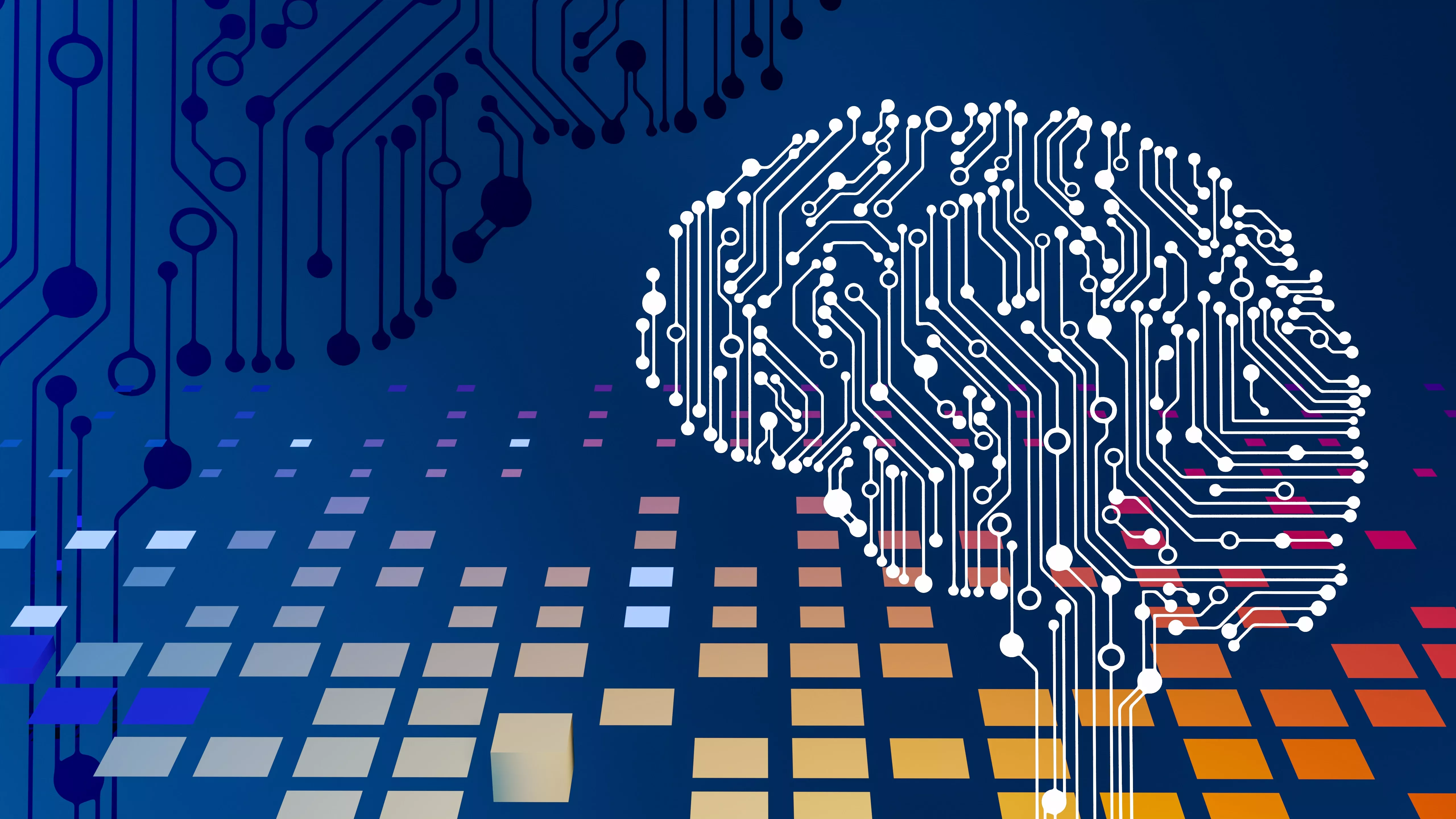AI Unicorns: Anthropic Focuses On Building A Safer AI Model

Photo by Steve Johnson on Unsplash
The rapid rise of generative AI technology has led to a growing concern around safety and security around the development of the technology. Backed by both Google and Amazon, Anthropic PBC is a public benefit company (PBC) that is focused on ensuring that they build systems that people can rely on and generate research about the opportunities and risks of AI.
Anthropic’s History
Anthropic was founded in 2021 by seven former employees of OpenAI including siblings Daniela and Dario Amodei. Dario was the Vice President of Research who left OpenAI because of disagreement over the business focused interests of OpenAI. Together, the seven employees set up Anthropic as a PBC whose purpose is the responsible development and maintenance of advanced AI for the long-term benefit of humanity. Their early business customers include Notion, DuckDuckGo, and Quora.
Today, Anthropic has evolved into a team of researchers, engineers, policy experts, and operational leaders who are building reliable and understandable AI systems. Its research team conducts frontier AI research across modalities to explore emerging safety research areas ranging from machine language to understanding policy and societal impacts analysis. Anthropic works with policymakers both within the AI and international markets to help promote safe and reliable AI. It had created its LLM called Claude in 2022, but it held back on the release to ensure added safety. OpenAI released ChatGPT during this delay.
Claude- Anthropic’s Main Model
Like the earlier models, the latest Claude 3.5 is based on a set of principles called the “constitutional AI”. Unlike ChatGPT and GPT-4 that have been trained on human judgement and internet sources, sometimes, dubious social media, Claude has been built on a defined constitution. Its constitution is a system of values and principles that act as guard rails for the model and makes its behavior easier to understand and adjust. The set of principles themselves have been derived from various sources ranging from the UN Declaration of Human Rights to Apple’s terms of service.
Essentially, the constitutional AI responds to shortcomings by using AI feedback to evaluate outputs. Claude validates its responses against the constitution in two key stages. It first trains one model to critique and revise its own responses using the principles and a few examples, and then it trains another final model using the AI-generated feedback based on the first model plus the set of principles. This iterative approach is expected to result in a safer response from AI engines.
Claude Vs. ChatGPT
Anthropic offers three primary models in Claude to businesses and developers. They are available on Google’s Vertex AI and Amazon’s Bedrock platforms. Vertex AI is an ML platform that lets you train and deploy ML models and AI applications and customize LLMs for use in your AI-powered applications. Bedrock is a managed service for building and scaling GenAI applications and also offers Meta’s Llama 3 models.
Launched in September 2023, the Claude Pro chatbot costs $20 per month to use, which is the same as ChatGPT’s premium subscription plan, ChatGPT Plus.
Claude’s lowest plan is Claude Haiku, costs $0.25/million tokens for prompt and $1.25/million tokens for completion. The mid-range option is Claude Sonnet, costs $3/million tokens for prompt and $15/million tokens for completion. Its high-end model is Claude Opus, which is comparable to GPT-4 and costs $15/million tokens for prompt and $75/million tokens for output.
Microsoft-backed OpenAI’s GPT-3.5 Turbo model costs $0.50/million tokens for prompt and $1.50/million tokens for completion. OpenAI’s GPT-4 model with an 8,000 token context window costs $30/million tokens for prompt and $60/million tokens for completion, while the 32,000 token context window version costs $60/million tokens for prompt and $120/million tokens for completion.
Anthropic’s Financials
Anthropic generates revenues from its chatbot Claude and its AI models. It claims that it will generate $850 million in revenues this year, up from an earlier estimate of $500 million for the year. Analysts expect Anthropic to deliver annualized revenues of more than $1 billion by the next year. Its profitability figures are not yet known.
Anthropic doesn’t disclose its user metrics but some sources show it had over 65 million visitors in May 2024. OpenAI’s ChatGPT hit 100 million active users within two months of its launch in February 2023. It earned revenue of $1.6 billion in December 2023.
Anthropic has had very unconventional funding so far. In 2021, it raised $124 million from investors including Jaan Tallinn who is known for focusing on the existential risks of technology. A year later, it raised $580 million in a round led by FTX’s Sam Bankman-Fried who has been a part of the effective altruists group. But soon after Google agreed to invest $2 billion in Anthropic, Amazon also invested $4 billion in exchange for Anthropic’s agreement to build its AI using the chips developed by Amazon. Since then, Anthropic has also raised additional funds through Menlo Ventures which created a special purpose vehicle for investment into the company. Overall, Anthropic has raised $8 billion so far at a valuation of $18.4 billion.
More By This Author:
AI Unicorns: Automation Anywhere Moves Beyond RPAAI Unicorns: Could OpenAI Become the Most Successful PaaS Company?
Scale AI Labels Its Way To Unicorn Status
Disclosure: All investors should make their own assessments based on their own research, informed interpretations, and risk appetite. This article expresses my own opinions based on my own research ...
more


